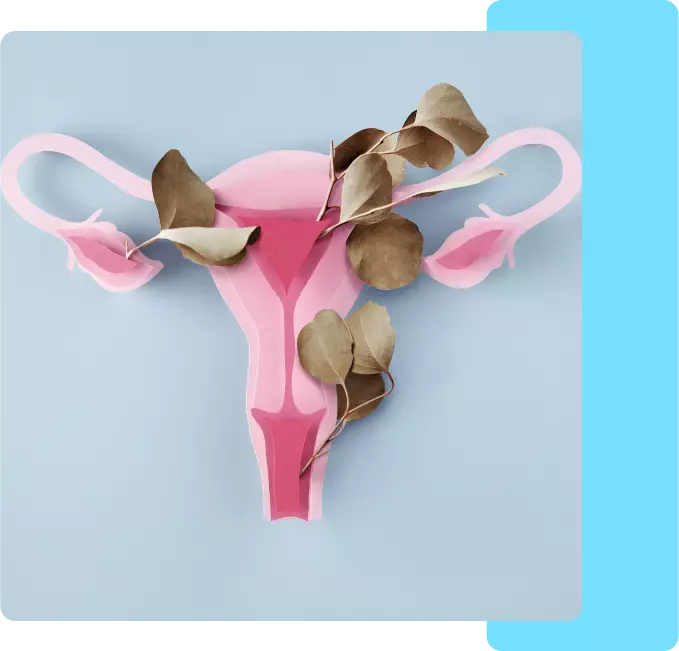What are the first signs of menopause?
The first signs of menopause often include:
- Irregular periods or changes in menstrual cycle
- Hot flashes or night sweats
- Vaginal dryness or discomfort
- Mood swings or irritability
- Sleep disturbances or insomnia
- Decreased libido or sexual discomfort
These symptoms vary from person to person and can signal the onset of menopause.














